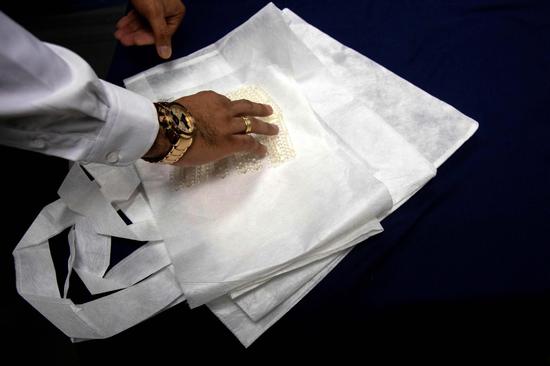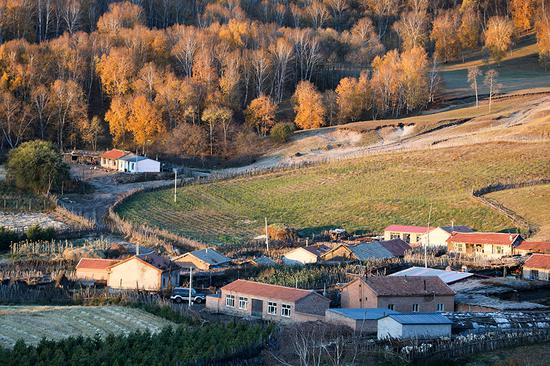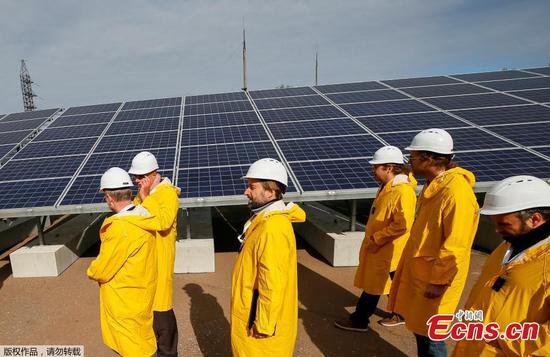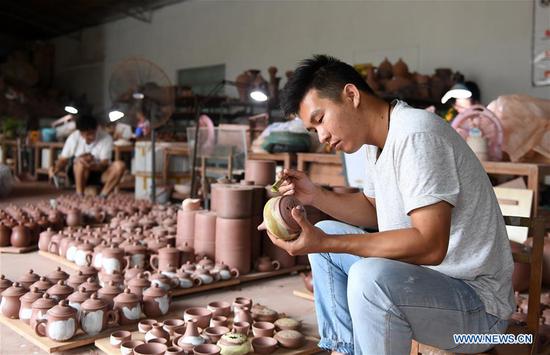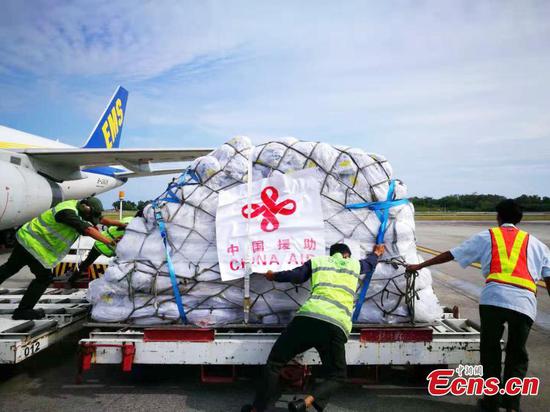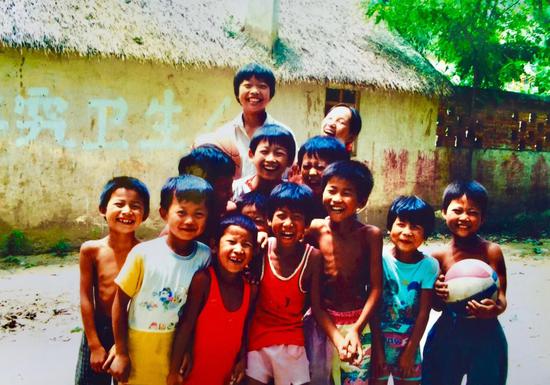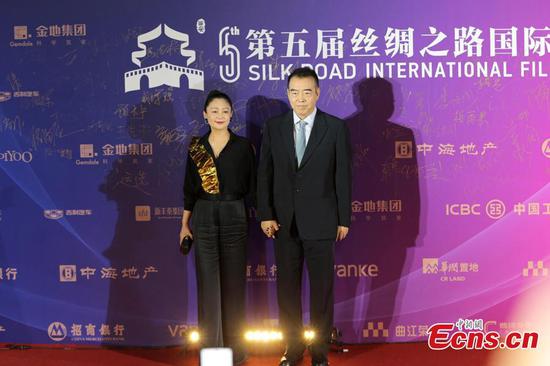Chinese financial institutions vowed to strengthen capital injection into poverty areas, while preventing potential risks of debt defaults.
"Financial institutions, having the function of operating risks, need to better balance the relationship between fulfilling social responsibility and preventing financial risks," Liu Guoqiang, the central bank's vice-governor, said in Jinping, a county in Guizhou province, on Thursday.
He called for paying high attention to potential risks in anti-poverty programs, as well as continually increasing financial resources to facilitate relative investments.
Measures will include taking advantage of the agricultural credit guarantee mechanism, to diversify risks; encouraging local governments to effectively integrate fiscal capital and increasing subsidies on interest payment on loans for poverty alleviation; and establishing risk compensation and guarantee funds.
"(The measures) should remove financial institutions' concern on the loan quality, and to promote their proactivity of issuing loans," said Liu.
Leaders from 22 financial institutions, including regulatory bodies, policy and commercial banks, insurance and asset management companies, gathered at the meeting, sharing achievements in supporting 64 counties in poverty to improve people's livelihood, especially for education and healthcare.
China aims to raise the per capita income above a poverty line of 2,300 yuan ($350) per year by 2020.
During the past five years, financial institutions have invested nearly 33.1 billion yuan, in terms of bank loans, funds and risk security funds, into the nationwide anti-poverty programs, helping more than 720,000 poor people, the central bank vice-governor said.














